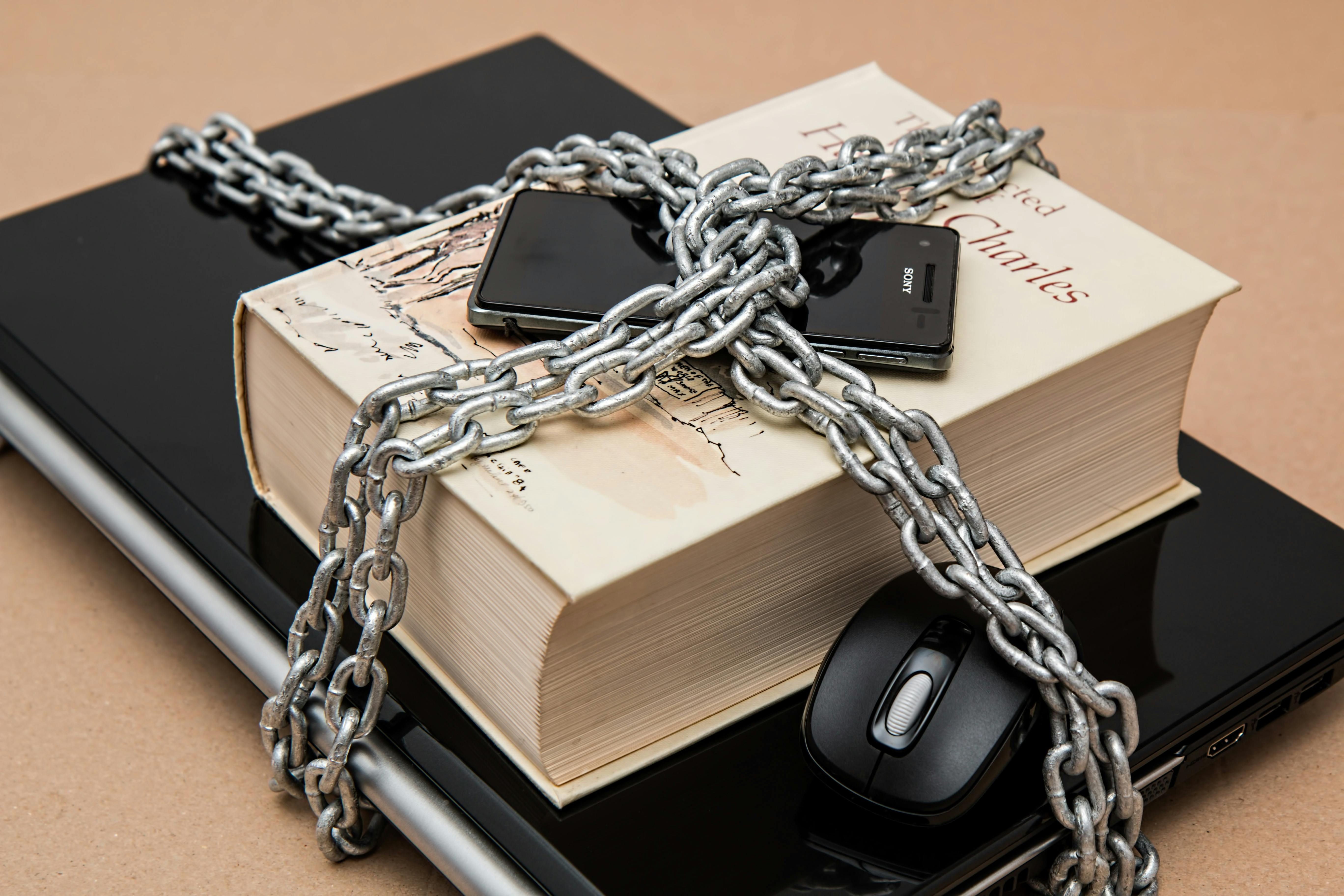What is Cybersecurity and why you should care?

Conquering the Clicks
The internet is an amazing invention, connecting us to loved ones, information, and endless entertainment. But just like venturing out into the real world, navigating the online landscape requires a bit of caution. That's where cybersecurity comes in – your personal shield against digital dangers.
What is Cybersecurity?Imagine your computer or phone as your digital home. Inside, you store precious things – photos, emails, maybe even online banking information. Cybersecurity is all about protecting that digital home from unwanted visitors. It's a combination of tools, practices, and awareness that keeps your devices and information safe from cybercriminals who might try to:
- Steal your data: This could include anything from your credit card details to your social security number.
- Hold your data hostage: Hackers might lock you out of your own accounts and demand a ransom to get them back.
- Infect your devices with malware: Malicious software (malware) can slow down your computer, steal your information, or even display annoying ads.
- Disrupt your online experience: Cybercriminals can launch attacks that take down websites or entire networks, causing frustration and inconvenience.
Why Should You Care?Cybersecurity might sound complicated, but a data breach can have real-world consequences. Here's how staying secure online benefits you:
- Financial Protection: Strong cybersecurity helps prevent hackers from accessing your bank accounts or credit cards, keeping your hard-earned money safe.
- Privacy Matters: Cybercriminals often target personal information for identity theft or other malicious purposes. Good cybersecurity practices minimize the risk of your private information falling into the wrong hands.
- Peace of Mind: Knowing your devices and data are secure allows you to browse the internet with confidence and avoid the stress of potential attacks.
Building Your Digital Defense: Practical Tips for Everyday Users

Here are some easy-to-implement strategies to fortify your online security:
- Password Powerhouse: This is your first line of defense. Use strong, unique passwords for every account. A mix of uppercase and lowercase letters, numbers, and symbols makes them harder to crack. Consider using a password manager to create and store these complex passwords securely.
- Update Mania: Those software update notifications you keep ignoring? They're actually crucial! Updates often include security patches that fix vulnerabilities hackers might exploit. Make updating your devices (operating systems, apps, browsers) a regular habit. Most devices will prompt you when updates are available, but you can also check manually.
- Think Before You Click: Phishing emails and messages are a common tactic cybercriminals use to trick you into revealing personal information or clicking on malicious links. Be wary of anything that seems too good to be true, urges a sense of urgency, or contains suspicious grammar or spelling. Don't click on links or attachments from unknown senders, and always verify the sender's email address before responding.
- Shop Savvy Online: When shopping online, only use reputable websites with a secure connection. Look for a web address that starts with "https" and a padlock symbol in your browser bar. These indicate the website encrypts your information, making it more difficult for hackers to intercept.
- Free Wi-Fi: Friend or Foe?: Public Wi-Fi networks can be convenient, but they're not always secure. Avoid doing sensitive activities like online banking on public Wi-Fi. Consider using a Virtual Private Network (VPN) for an extra layer of protection. A VPN encrypts your internet traffic, making it virtually impossible for hackers to steal your information.
- Security Software Matters: Antivirus and anti-malware software act as watchdogs for your devices, protecting them from harmful programs that can steal your data or cause damage. Invest in reputable security software and keep it up-to-date.
- Social Savvy: Be mindful of what you share online, especially on social media platforms. Oversharing personal information can make you a target for cybercriminals.
- Be Wary of Free Downloads: If something seems too good to be true, it probably is. Free software downloads from untrusted sources can be laced with malware. Always download software from official websites.
Remember: Cybersecurity is an ongoing process. As technology evolves, so do cyber threats. Stay informed about the latest online security risks and best practices. There are many free resources available online from reputable cybersecurity organizations.By following these tips and staying vigilant, you can navigate the digital world with confidence, keeping your information and devices safe from harm. Now go forth and conquer those clicks!
Interested in an ebook? Click here: https://stan.store/digitalmomofGreece